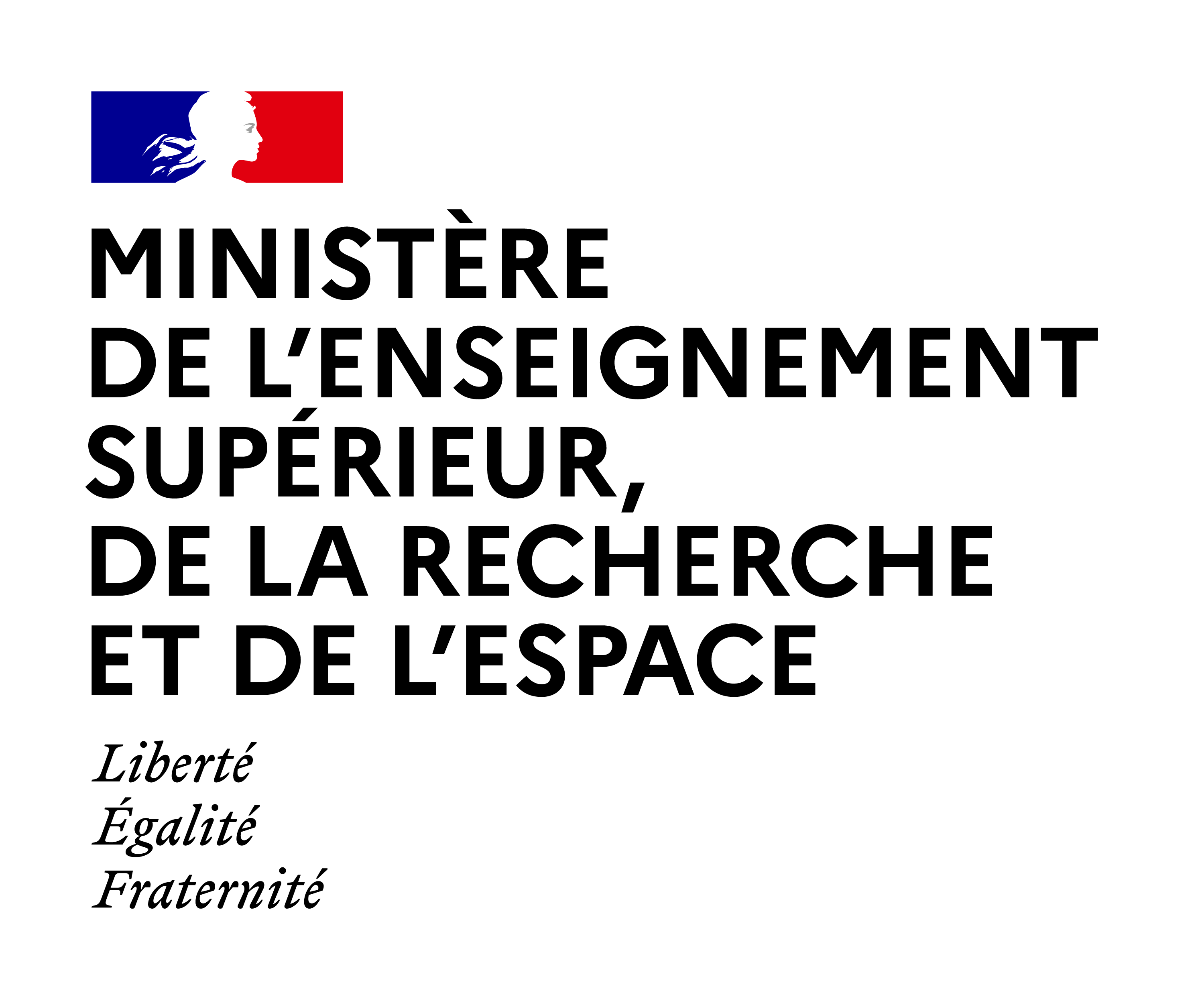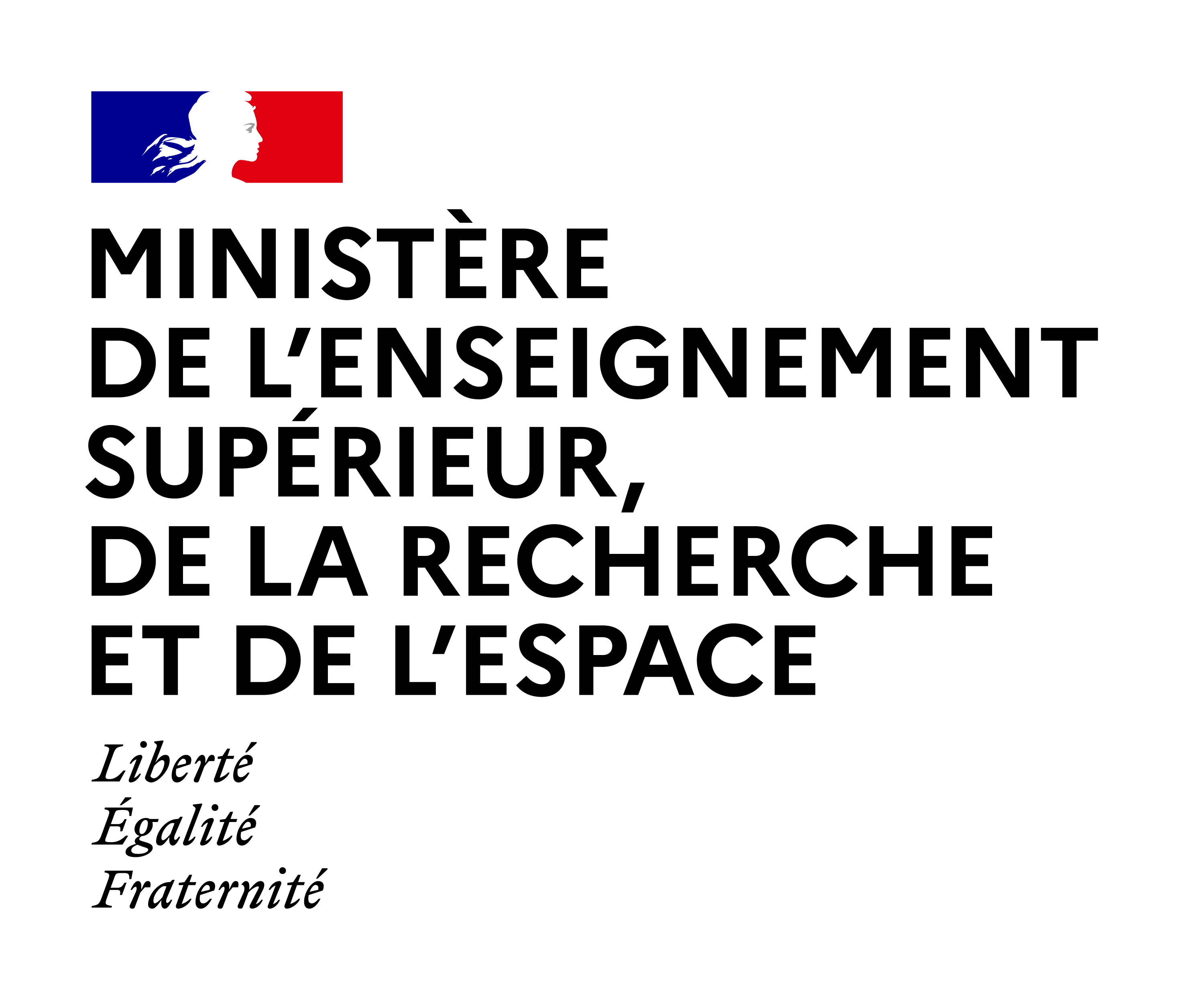
Sommaire
Public-Private and Social Housing in Post-crisis East Asia / Richard Ronald
Date de création :
07.07.2011Auteur(s) :
Richard RONALDPrésentation
Informations pratiques
Droits réservés à l'éditeur et aux auteurs.
Description de la ressource
Résumé
Public-Private and Social Housing in Post-crisis East Asia / Richard Ronald. In "Mixité : an urban and housing issue? Mixing people, housing and activities as urban challenge of the future", 23ème colloque international de l'European Network for Housing Research (ENHR), organisé par le Laboratoire Interdisciplinaire Solidarités, Sociétés, Territoires (LISST) à l'Université Toulouse II-Le Mirail, 5-8 juillet 2011. Plénière 5 : End or future of the Social Housing. Looking beyond Europe, 7 juillet 2011. In recent decades Western social housing sectors have been increasingly problematised, stigmatised and residualized, with housing associations reoriented toward market practices and performance cultures. In developed East Asian societies however, public housing sectors have been developed along very different lines, focusing on supporting the interests of developmental states. This initially involved intensive intervention measures with state supported or direct housing provision which, nonetheless, sought to drive rapid economic expansion as much as satisfy social needs. In some contexts, like Singapore, public housing took the form of subsidised quasi-private ownership schemes under the control of a regulated market. In others, like Hong Kong, public rental housing sectors were developed but served as the primary form of welfare provided to households, offsetting the need to extend other forms of welfare provision at the same time as supplementing low wage economies, thereby enhancing the competitive capacity of industry. Since the late-1990s however, the landscape of public and social housing has been transformed as a result of significant shifts in social political and economic conditions triggered by the Asian Financial Crisis of 1997, and, to a lesser extent, the Global Financial Crisis of 2008. In the East Asian context public housing interventions have become increasingly social, partly as a result of more unstable economic growth conditions in which commodity housing approaches have promoted volatile housing markets conditions and polarised the economic situations of households in different market sectors. Another driver of more socialised housing policy interventions has been increased democratic contestation following the challenge to the legitimacy of developmental states -subsequent to economic crises and during the period of more erratic economic growth- making social policy and housing affordability more politically contentious. In this paper, East Asian housing policies are explored examining the diverse and surprising pathways housing markets and housing policy frameworks have followed. Particular attention is paid to countries where social housing has taken on a different hue in social, economic and policy debates in recent years and where new social rental housing schemes are being rolled out. Some attempt will be made to clarify why and how social housing policy has been extended as well as the contextual factors which help explain the contrast with European social housing sectors despite similarities in neoliberal pressures. The paper will finally reflect on the specific role of social housing in East Asian welfare regimes and the part it is playing in supporting the emerging needs of state developmentalism in the twenty-first century.
"Domaine(s)" et indice(s) Dewey
- Autres groupes (305.9)
Domaine(s)
- Sociologie et démographie économiques
- Sociologie, processus sociaux, interaction sociale
Intervenants, édition et diffusion
Intervenants
Édition
- Université Toulouse II-Le Mirail
Diffusion
Document(s) annexe(s)
- Cette ressource fait partie de
Fiche technique
- LOMv1.0
- LOMFRv1.0
- Voir la fiche XML




